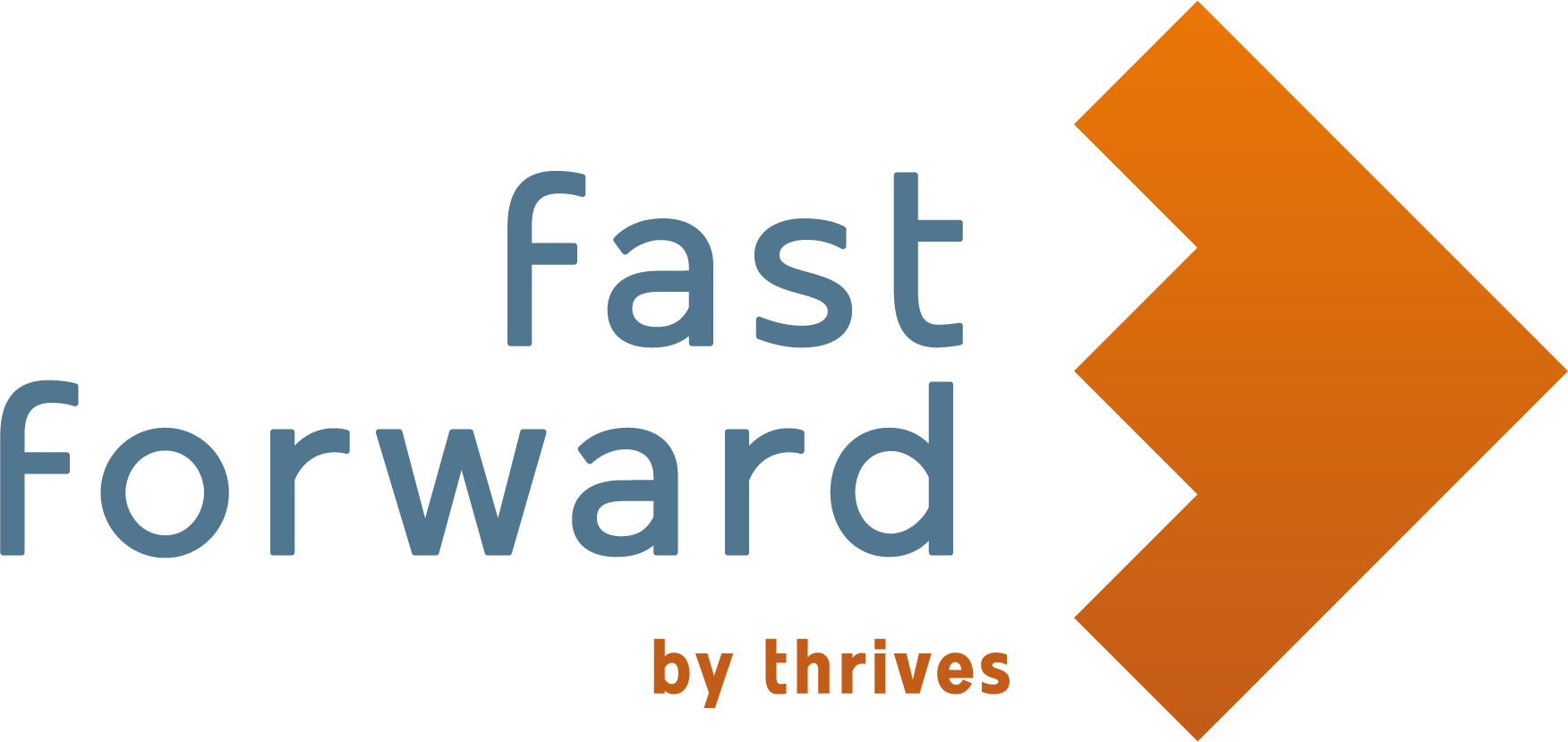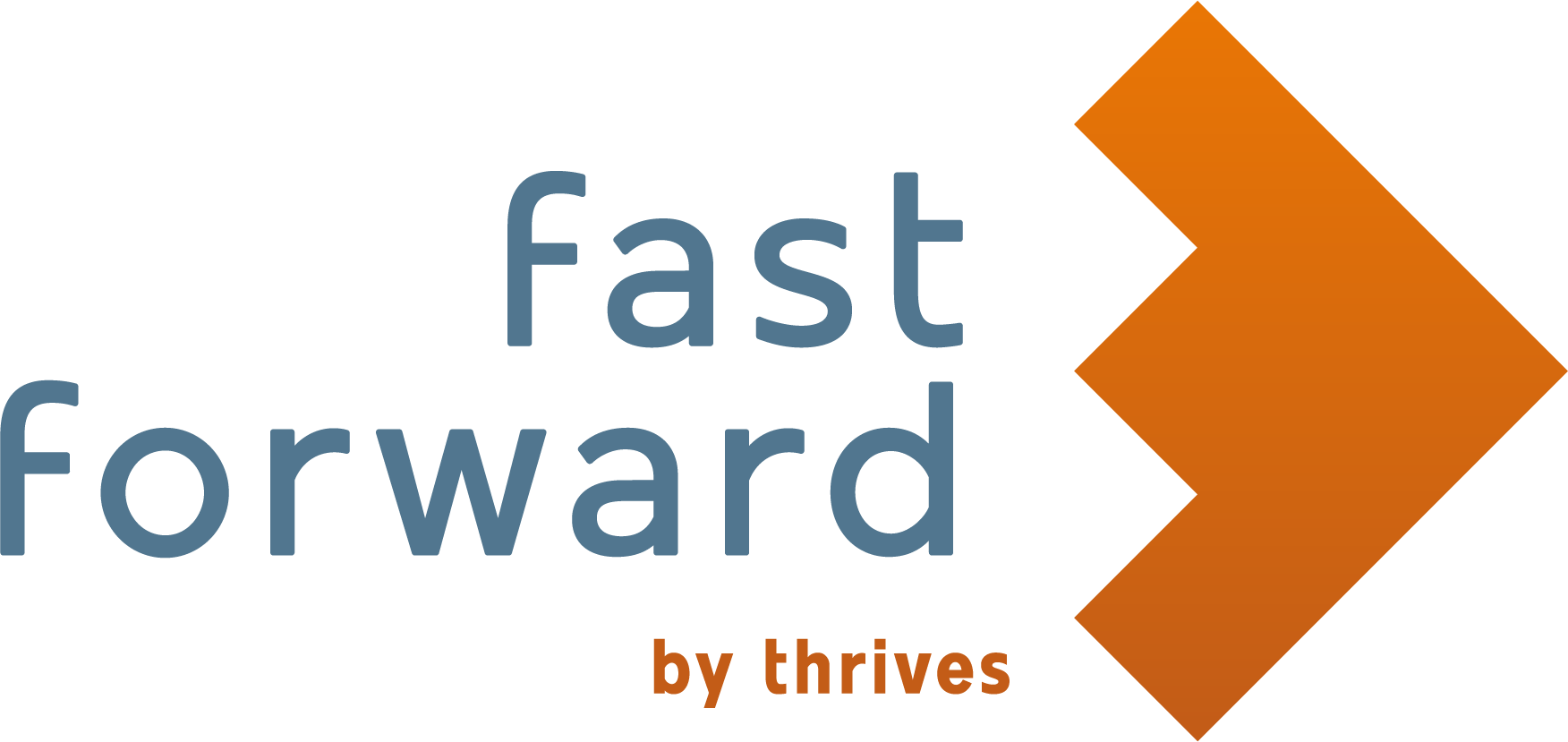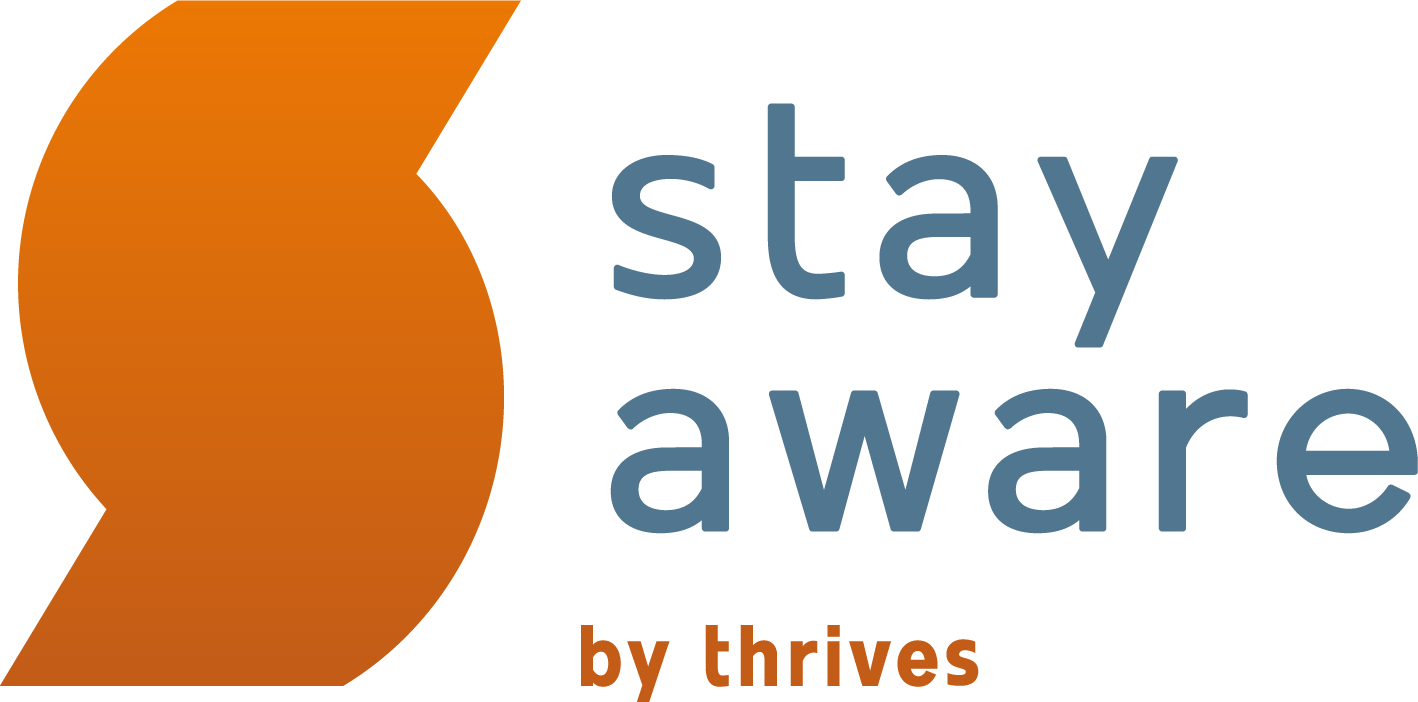
Why upgrade your Microsoft Dynamics to an online environment
There’s a lot of false and sometimes downright scary information available when it comes to migrating to an Online Environment. Not here. At Thrives, migrating customers to an online environment is what we do. It’s our core business, it’s what we eat, sleep and breathe. With Thrives Fast Forward we start by giving you a detailed audit report of your onpremise environment, indicating key points of attention during a migration and provide you with a detailed estimation of the migration effort. No excessive hidden costs, no sugarcoated stories, just straight up, honest facts. Is our estimation exceeding your expectations? Great! Take up on our offer and together we’ll get you onboarded on the latest Dynamics 365 Online version.
Dynamics 365 Online
- Always up to date
- Gain valuable insights through Business Intelligence and Machine Learning
- No maintenance costs
- Scalability
- Future Proof
- Automated Back-ups
- Premier Support by Microsoft
Dynamics 365 On Premise
- Hard to keep up / falling behind on technology
- Hard to obtain Customer Insights
- High maintenance costs
- Missing Features
- Security Risk
Future-proofing your business applications
Microsoft made it clear that their focus is Dynamics 365 cloud products. Which means that unless you don’t want to benefit from all the new features they release twice a year it’s time to migrate to the cloud. While mainstream support for CRM 2011 and CRM 2013 (since early 2019) has already ended, support for CRM 2015 will end early 2020.
This means that after mainstream support ends, support for Dynamics CRM will extend only to basic security updates. Any other hotfixes or support incidents must be paid for, and no provision will be available for warranty support, design changes, or new features.
Reducing cost
While to ROI of a CRM implementation has many deciding factors a few of them are quite clear and aren’t specific to any company.
In terms of licensing, the high-end Enterprise license for Dynamics CRM (on-premise) costs 27% more, than the equivalent Dynamics 365 online license will.
A cloud based platform will mean less maintenance and no hardware upgrades, which translates into utility and labor costs. There are also more abstract, difficult-to-calculate money-savers, like increased uptime, better productivity, and reduced risk of data loss.
Dynamics 365 licensing offers users more flexibility to pay only for the services they need and scale up easily when needed.


